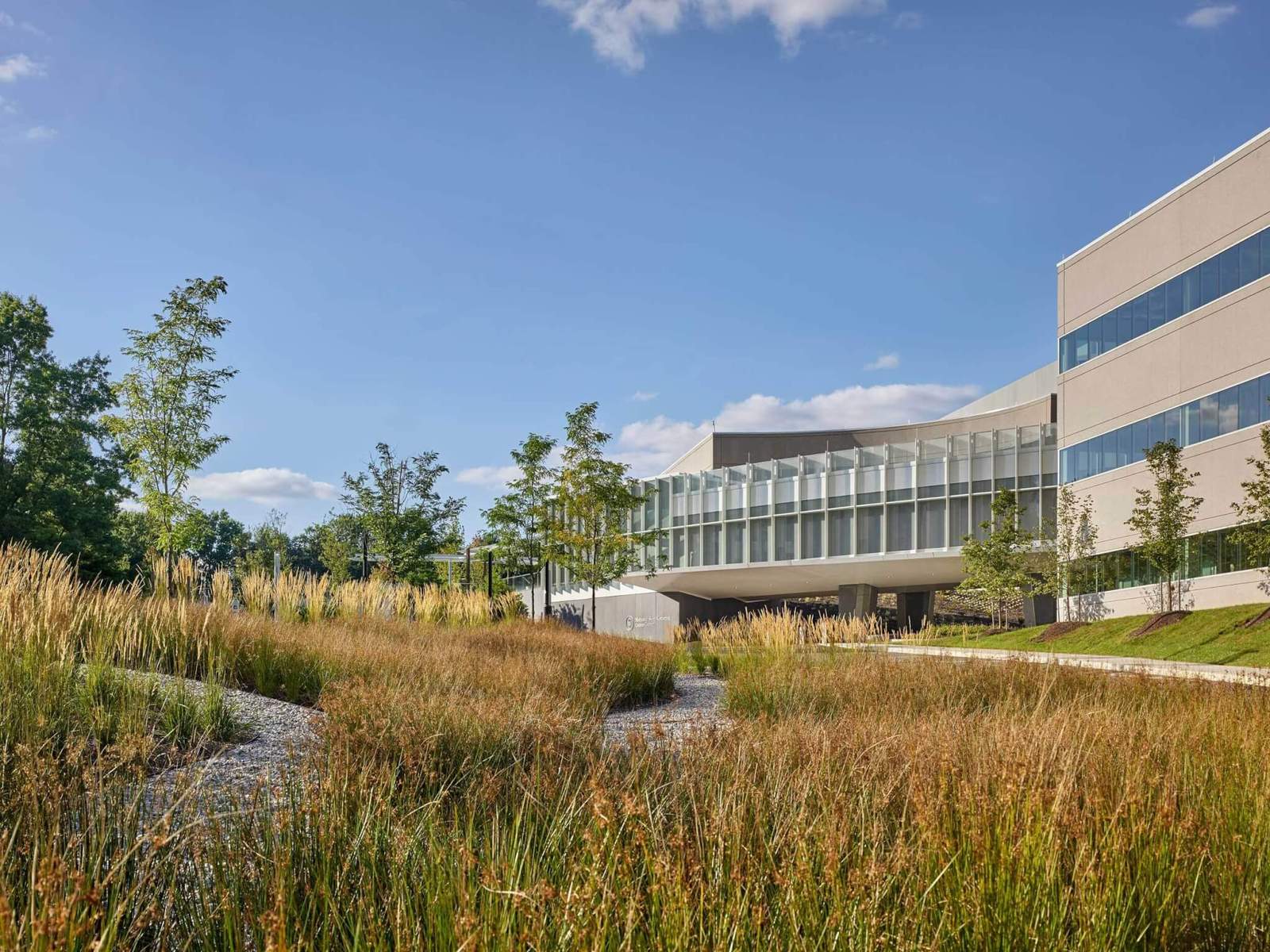Robin Guenther, a principal at Perkins&Will and leader in healthcare design, has died at 68. Guenther grew up in Detroit and was inspired by the city’s architecture. She attended the University of Michigan, and then received a diploma from the Architectural Association. Guenther founded Guenther 5 Architects in New York City in 2001, which was acquired by Perkins&Will in 2010.
At Perkins&Will, Guenther led a number of the firm’s largest healthcare projects, including: Memorial Sloan Kettering Monmouth Ambulatory Care Center in Middletown, New Jersey, which reused a 1980s office building; Spaulding Rehabilitation Hospital in Charlestown, Massachusetts, which was designed to continue operating in the event of a major flood; and Lucile Packard Children’s Hospital Stanford in Palo Alto, California, which included high achieving energy performance and water conservation standards that were notable for a 521,000-square-foot hospital.

In the 1990s, Guenther became known for her work in advocating for the use of less toxic materials in healthcare facilities, focusing on designing facilities without polyvinyl chloride (PVC), which the Environmental Protection Agency (EPA) classifies as a carcinogen. She also focused on the carbon emissions of healthcare facilities, as hospitals are generally very energy intensive buildings, and bringing natural light into healthcare buildings. These principles were on display in her work at Guenther 5, whose large-scale healthcare project in the New York area included Maimonides Medical Center in Brooklyn and the Center for Discovery in Sullivan County.


Guenther contributed to the publication of the guidebook Green Guide for Healthcare, which laid out a system of recommendations to advise designers on building more sustainable hospitals, and ones that better serve patient health. The guide would eventually become the basis for LEED’s evaluation system for healthcare buildings. In 2013, Guenther’s book Sustainable Healthcare Architecture (co-authored by Gail Vittori) was published, outlining case studies and guidelines for sustainable healthcare design.
Guenther also served on the Advisory Council on Sustainability for the NYC Department of Buildings and the board of the Center for Health Design.


 العربية
العربية